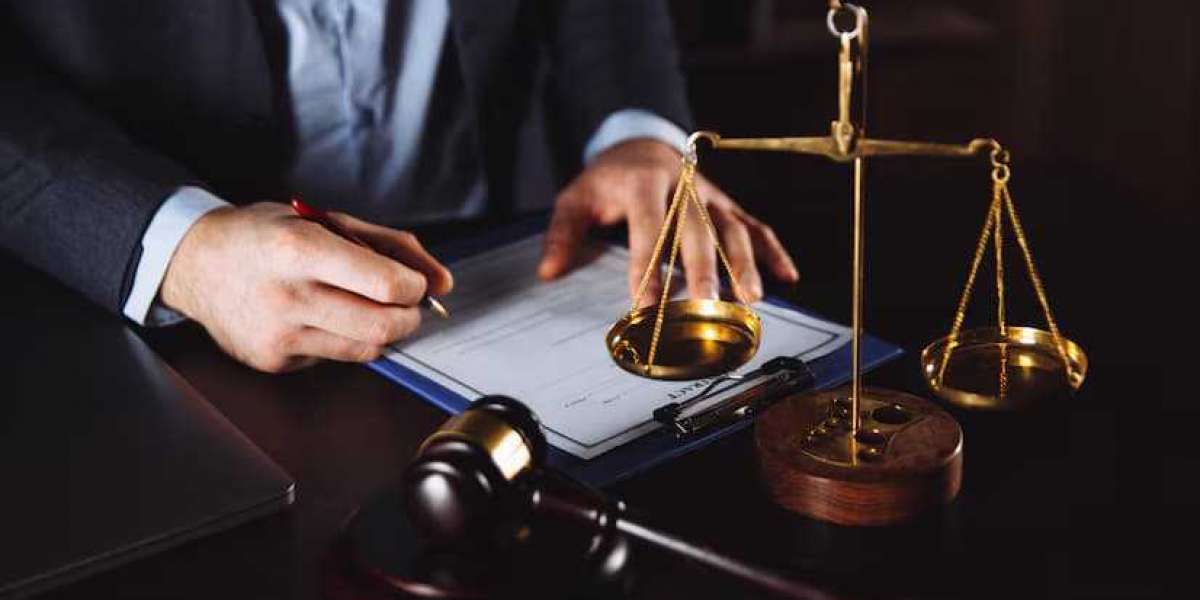New York City, a bustling metropolis known for its skyscrapers and vibrant life, is also at the forefront of environmental legislation. Among its various initiatives aimed at promoting sustainability and energy efficiency, NYC Local Law 87 stands out as a pivotal regulation. Enacted in 2009, this law mandates energy audits and retro-commissioning for large buildings, marking a significant step towards a greener New York. But what does this law entail, and why is it crucial for property owners, tenants, and the environment alike?
Understanding NYC Local Law 87
At its core, NYC Local Law 87 requires owners of buildings that meet specific criteria to conduct energy audits and retro-commissioning every ten years. The law applies to buildings over 50,000 square feet and includes both residential and commercial properties. The energy audit is a comprehensive assessment of a building's energy use, identifying opportunities for energy savings. Retro-commissioning, on the other hand, involves adjusting and optimizing a building's systems and operations to ensure they are functioning efficiently.
The energy audits must be carried out by qualified professionals who analyze various elements, including heating, ventilation, air conditioning (HVAC) systems, lighting, and the building envelope. By identifying inefficiencies and recommending improvements, the audits play a crucial role in helping building owners reduce energy consumption and operational costs. This proactive approach not only benefits the environment by lowering greenhouse gas emissions but also positions property owners to meet the growing demand for sustainable building practices.
The Importance of Energy Efficiency
The implications of NYC Local Law 87 extend beyond compliance and regulatory requirements; they resonate with broader societal goals. Energy efficiency is increasingly recognized as a cornerstone of sustainable development. In a city where energy consumption is high, reducing demand not only conserves resources but also alleviates strain on the electrical grid. This is particularly important during peak demand times, such as summer months when air conditioning use skyrockets.
Moreover, energy-efficient buildings often enjoy lower operating costs. By implementing the recommendations from energy audits, property owners can decrease their energy bills significantly. For instance, simple changes like upgrading to energy-efficient lighting or optimizing HVAC systems can result in substantial savings over time. Additionally, energy-efficient buildings are more attractive to tenants, as they often translate into lower utility costs, making them a desirable choice in a competitive market.
Navigating Compliance and Penalties
While the benefits of NYC Local Law 87 are clear, the compliance process can be daunting for some property owners. The law stipulates specific timelines and requirements, and failure to comply can lead to substantial penalties. For instance, buildings that do not submit their energy audit reports may face fines of up to $5,000. Moreover, non-compliance can hinder a building’s ability to attract tenants who prioritize sustainability.
To navigate these challenges, property owners are encouraged to partner with experienced professionals who specialize in energy audits and retro-commissioning. These experts can guide building owners through the compliance process, ensuring that audits are conducted thoroughly and reports are submitted on time. By taking a proactive approach to compliance, property owners can mitigate risks and position themselves favorably in a market that increasingly values sustainability.
The Environmental Impact of NYC Local Law 87
Beyond economic considerations, NYC Local Law 87 holds significant environmental implications. The building sector is a major contributor to greenhouse gas emissions, accounting for approximately 70% of the city’s total emissions. By implementing energy-efficient practices, buildings can significantly reduce their carbon footprint. This aligns with New York City’s ambitious climate goals, which include an 80% reduction in greenhouse gas emissions by 2050.
Furthermore, the law supports the city’s broader sustainability initiatives, such as the NYC Climate Mobilization Act. This ambitious plan aims to address climate change and create a more resilient city through various measures, including stricter emissions regulations for buildings. Local Law 87 plays a crucial role in this framework, ensuring that large buildings contribute to the city’s sustainability goals.
The Future of Energy Efficiency in NYC
As New York City continues to evolve, so too will its approaches to energy efficiency and sustainability. The implementation of NYC Local Law 87 is just one of many steps towards creating a more sustainable urban environment. As technology advances, new opportunities for energy savings will emerge, from smart building technologies to renewable energy integration. Property owners who embrace these changes will not only comply with existing regulations but also position themselves at the forefront of the green building movement.
In addition to compliance, there is a growing trend among property owners to pursue sustainability certifications, such as LEED (Leadership in Energy and Environmental Design). These certifications demonstrate a commitment to sustainability and can enhance a building’s value in the marketplace. Furthermore, as tenants become more environmentally conscious, buildings that prioritize energy efficiency will likely see increased demand, reinforcing the importance of regulations like NYC Local Law 87.
Conclusion
In summary, NYC Local Law 87 is a fundamental piece of legislation that mandates energy audits and retro-commissioning for large buildings, fostering a culture of sustainability and energy efficiency in New York City. The law not only benefits property owners through cost savings and increased tenant appeal but also contributes to the city’s broader environmental goals.
As the landscape of energy efficiency continues to evolve, it is essential for property owners to stay informed and prepared to adapt to new regulations and technologies. By partnering with knowledgeable experts in the field, such as National Energy Cost Services, Inc. (NECS), property owners can ensure compliance with NYC Local Law 87 while maximizing their buildings’ energy performance. Investing in energy efficiency today not only enhances the value of properties but also plays an essential role in creating a sustainable future for New York City. Don’t wait—contact NECS today to take the first step towards a greener tomorrow!







